Introduction
In today’s rapidly advancing technological landscape, artificial intelligence (AI) has made significant strides across various domains. One area where AI is revolutionizing human experiences is emotional intelligence. Emotional intelligence, often referred to as EQ, plays a crucial role in our personal and professional lives. This article explores the intersection of algorithms and emotions, highlighting how AI is shaping emotional intelligence and its implications for the future.
Understanding Emotional Intelligence
Emotional intelligence encompasses our ability to recognize, understand, and manage our own emotions, as well as recognize and empathize with the emotions of others. It involves skills like self-awareness, self-regulation, empathy, and effective communication. Emotional intelligence plays a pivotal role in building strong relationships, managing conflicts, and achieving success in various aspects of life.
The Role of AI in Emotional Intelligence
Artificial intelligence has emerged as a powerful tool for augmenting emotional intelligence. By leveraging vast amounts of data and sophisticated algorithms, AI systems can analyze and interpret emotional cues with remarkable accuracy. This enables AI to assist individuals in understanding and managing emotions effectively, leading to improved emotional intelligence.
AI Applications in Emotional Intelligence
AI-Powered Virtual Assistants
Virtual assistants like Siri, Alexa, and Google Assistant have become ubiquitous in our daily lives. These AI-powered systems are now being equipped with emotional intelligence capabilities. They can detect human emotions through voice and facial recognition, responding in a more empathetic and human-like manner. AI virtual assistants serve as personal emotional coaches, providing guidance and support whenever needed.
Emotional Recognition and Analysis
AI algorithms can analyze facial expressions, tone of voice, and other non-verbal cues to accurately recognize and interpret emotions. This capability has applications in various fields, such as customer service, market research, and healthcare. AI-driven emotion recognition technology can provide valuable insights into consumer behavior, enabling businesses to tailor their products and services accordingly.
Personalized Emotional Coaching
AI-powered chatbots and virtual coaches are being developed to offer personalized emotional coaching. These systems utilize natural language processing and machine learning algorithms to understand individual needs and provide targeted guidance. They can help individuals develop self-awareness, manage stress, and enhance their interpersonal skills.
Improving Mental Health Care
AI is transforming mental health care by enabling early detection and intervention. Machine learning algorithms can analyze patterns in language, voice, and behavior to identify signs of mental health issues like depression and anxiety. AI-based mental health applications provide timely support, resources, and recommendations, enhancing access to mental health care for individuals worldwide.
The Benefits of AI in Emotional Intelligence
Enhanced Emotional Awareness
AI technologies help individuals become more aware of their emotions and understand the underlying triggers. By tracking patterns and providing feedback, AI systems facilitate self-reflection and emotional growth. They offer insights into emotional states, helping individuals recognize and regulate their emotions effectively.
Improved Communication Skills
AI tools can enhance communication skills by analyzing speech patterns and providing real-time feedback. They can identify areas for improvement, such as tone, clarity, and empathy, helping individuals communicate more effectively. With AI assistance, individuals can refine their interpersonal skills and build stronger relationships.
Better Mental Health Support
The integration of AI in mental health care offers significant benefits. AI-powered applications can provide personalized support, coping strategies, and resources for individuals dealing with mental health challenges. They can complement traditional therapy, extending support beyond therapy sessions and improving overall mental well-being.
Empowering Personal Growth
AI-driven emotional intelligence tools empower individuals to take control of their personal growth. By offering personalized recommendations and strategies, these tools facilitate continuous learning and development. With AI as a companion, individuals can navigate emotional challenges, build resilience, and foster personal growth.
Ethical Considerations in AI and Emotional Intelligence
As AI becomes deeply integrated into emotional intelligence, ethical considerations must be addressed. Issues related to privacy, data security, and algorithmic bias need careful attention. It is essential to ensure that AI systems are developed and deployed in a responsible and inclusive manner, respecting individual rights and maintaining transparency.
Future Implications of AI on Emotional Intelligence
The future of emotional intelligence heavily relies on advancements in AI technology. As AI continues to evolve, we can expect even more sophisticated emotional intelligence tools and applications. From personalized emotional assistants to AI-powered therapy, the possibilities are vast. However, it is crucial to strike a balance between technology and human connection to preserve the authenticity and depth of emotional experiences.
Conclusion
AI is revolutionizing emotional intelligence by augmenting our capacity to understand and manage emotions effectively. From AI-powered virtual assistants to emotional recognition technologies, the impact of AI in this domain is far-reaching. By embracing AI’s potential and addressing ethical considerations, we can unlock new possibilities for personal growth, improved mental health care, and stronger human connections.
FAQs
- How does AI help in improving emotional intelligence? AI assists in improving emotional intelligence by analyzing emotional cues, providing personalized coaching, and enhancing self-awareness.
- Can AI virtual assistants understand human emotions? Yes, AI virtual assistants are being equipped with emotional intelligence capabilities, allowing them to detect and respond to human emotions.
- What are the benefits of AI in mental health care? AI in mental health care provides early detection, personalized support, and access to resources, improving the overall well-being of individuals.
- What are the ethical considerations in AI and emotional intelligence? Ethical considerations include privacy, data security, and algorithmic bias, which need to be addressed to ensure responsible and inclusive AI deployment.
- What does the future hold for AI and emotional intelligence? The future implications of AI on emotional intelligence include more sophisticated tools and applications, enabling personalized emotional assistance and therapy.

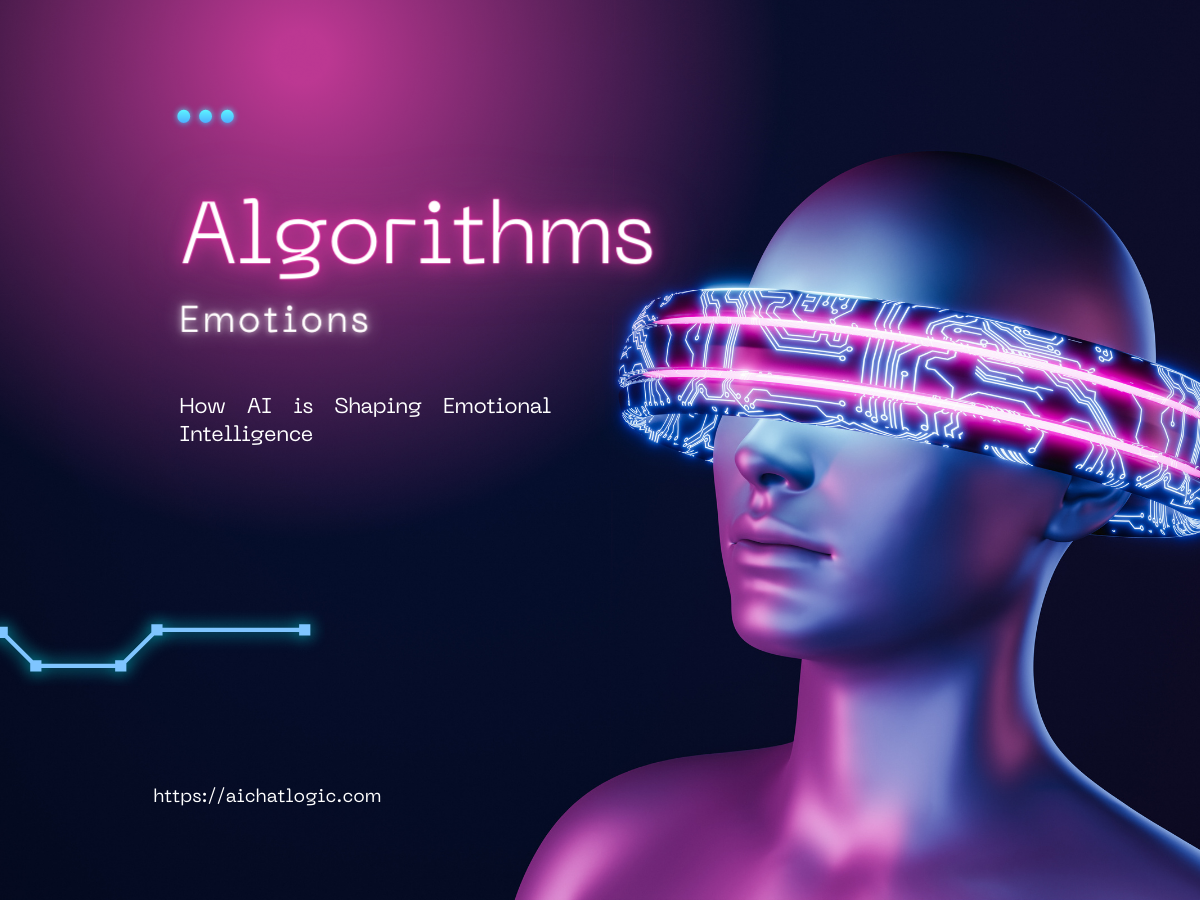

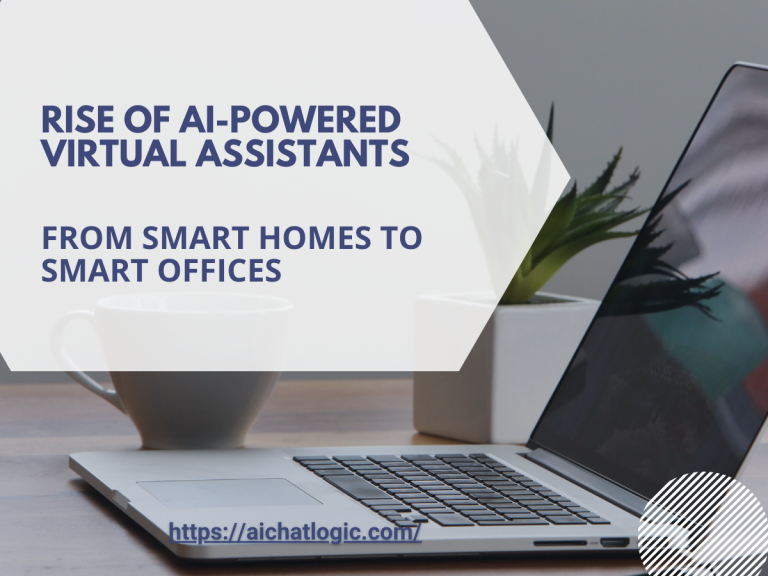
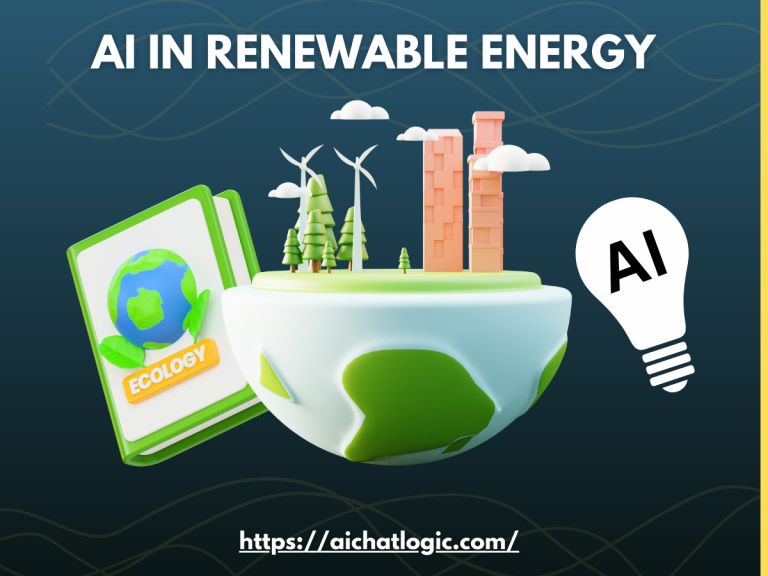


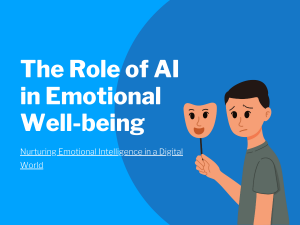
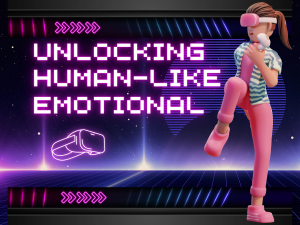



+ There are no comments
Add yours